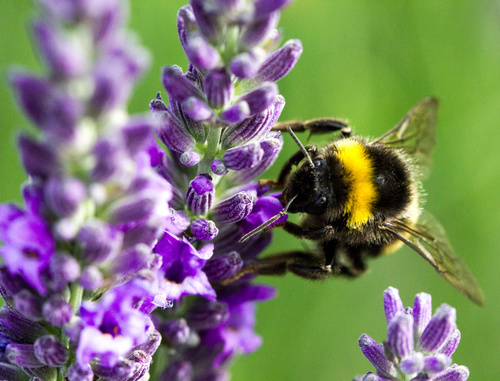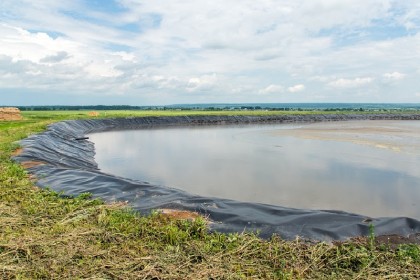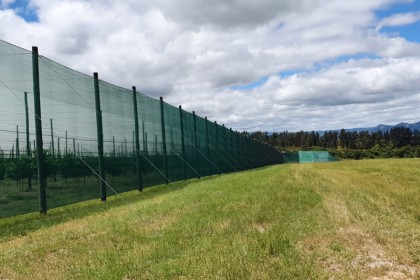
Preserving The Future Of Agriculture: Bee-Friendly Gardening
The humble honey bee is much more important to every individual than many may realise. The human race has a symbiotic relationship with the bee, so it is no surprise that they have been praised throughout history as being symbols of plenty and good luck. Belgian poet Maurice Maeterlinck said it best:
“If the bee disappeared off the face of the earth, man would only have four years left to live.” - Maurice MaeterlinckSo you see, bees have a pivotal role to play in the existence of every living thing, and they are the reason we flourish. As long as they pollinate, we thrive.
Why Bees Are Pivotal To Our Existence
Bees are the most common pollinating insect, and because they are notoriously hard workers these busy bees are constantly collecting nectar and pollen for their hive. Agriculture is dependent on the consistency of this practice.
Bees are drawn to plants by their scents and brightly coloured flowers. When the pollen sticks to the fuzzy bees from the stamen of the male organ of a plant (as they collect nectar) and the bee then flies to the next plant it pollinates a female organ like the stigma or pistil. This initiates the fertilization for plants which in turn, allows for the development of fruit and seeds in said plants. The more often a flower is visited by bees the larger and more uniform the fruit of that plant will be. Some of the most popular crops are completely dependent on the existence of bees, including everything from buckwheat to pumpkin.
Bee Friendly Gardening
The bee population has been facing a decline due to factors like climate change, pesticides, and human expansion decreasing their grazing and living spaces. Luckily, we can all pitch in to help our humble honey bee! All you need to do is introduce some bee-friendly plants into your garden, it is just an added bonus that you’ll get fresh air and beautiful, fragrant plants to adorn your garden.
Creating a safe haven for bee kind is simple, helpful and increasingly important. The bee garden will attract a whole range of pollinators like bees, bumblebees and butterflies. Here are some general rules to follow when creating your bee-friendly garden:
- Highly hybridised plants produce less pollen.
- Use flowers with long blooming cycles.
- You can make use of natural pesticides and fertilisers.
- Create a bee bath with some shallow water (like a bird bath) that bees can drink from without drowning.
- Group the same plants together.
Bee Friendly Plants For Your Garden
If you are thinking of starting an herb garden then the bees will be ever so grateful. Even one plant can make a difference, so if you don’t have a garden a pot on your windowsill with bee friendly herbs will help.
Bee-friendly plants include:
Trees:
- Cape Chestnut
- Cherry
- Apricot
- Plum
- Crab Apple
Herbs:
- Dill
- Coriander
- Rocket
- Lavender
- Lemon Balm
- Mint
- Rosemary
- Sage
- Thyme
- Basil
Fruits and Vegetables:
- Citrus
- Cucumbers
- Fennel
- Strawberries
- Litchis
- Beans
- Apricots
- Plumbs
- Peaches
- Peas
- Grapes
Flowers and Plants:
- Jasmine
- Daffodils
- Crane Flowers
- Arum Lilies
- Sorrel
- Cape Honeysuckle
- Baby Sun Rose
- Catmint
- Carpet Geraniums
- Creeping Blue Blossoms
- Lobster Flowers
- Proteas
- Dandelions
- Aloe
- Rooibos
These are just some of the plants that can help our humble honey bee continue to sustain agriculture in South Africa. We can continue to thrive thanks to farming in South Africa and our little buzzing friends the bees. Visit our agricultural product directory for more information.












